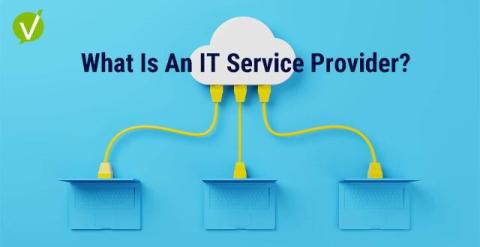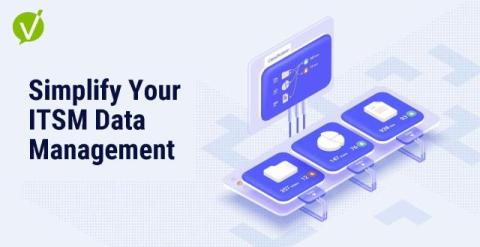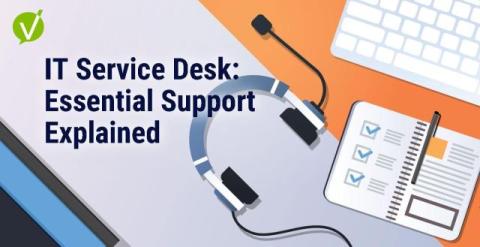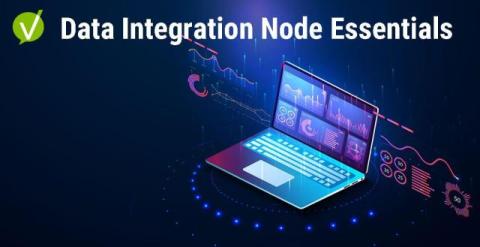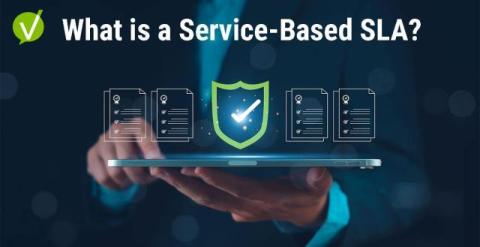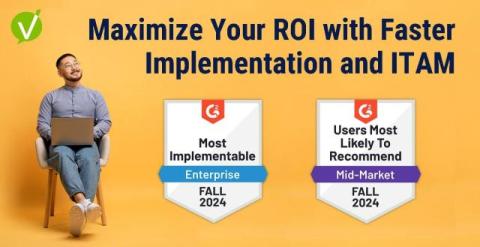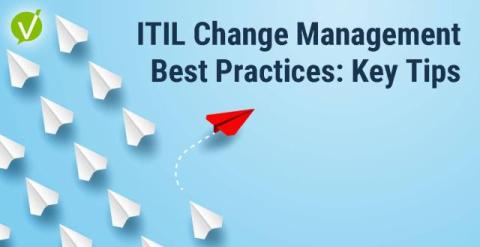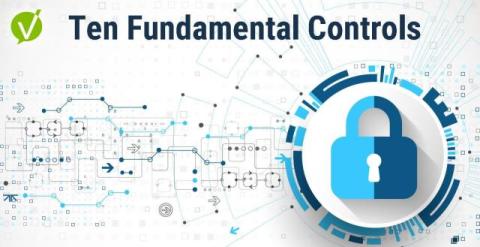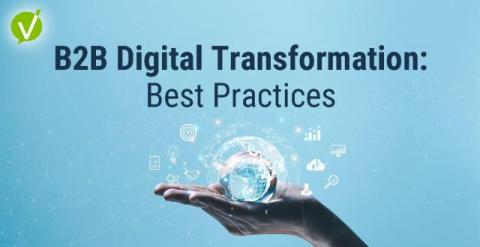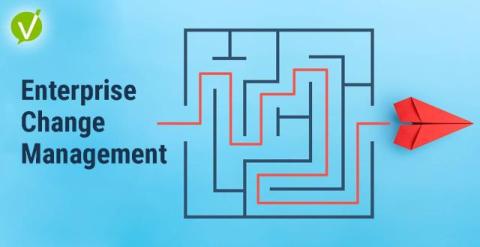Unlock IT Solutions: What Is an IT Service Provider?
Imagine waking up to find your office systems are down and emails are inaccessible. The initial panic is real—you realize business operations could grind to a halt. But then you recall that your business relies on a managed IT service provider. With a quick call, their team remotely diagnoses and starts troubleshooting the issue. By midday, your systems are restored, and your workday proceeds without a hitch.


